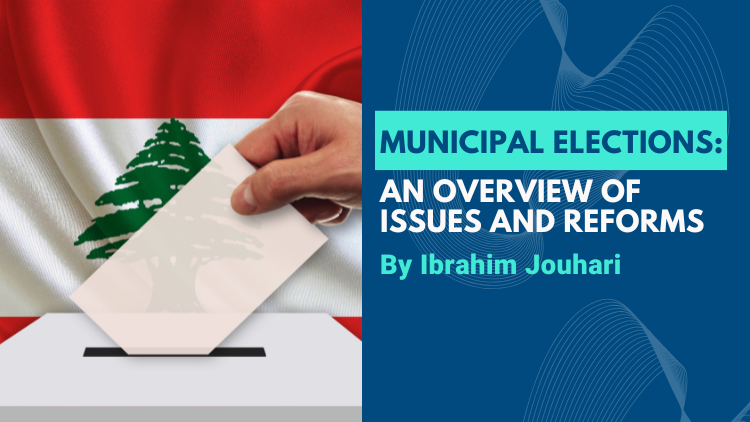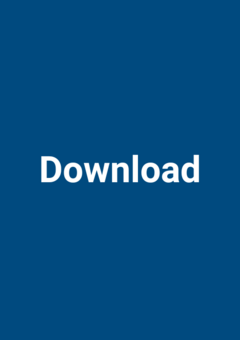Lebanon
Municipal elections: an overview of issues and reforms

As Lebanon prepares for its long-delayed municipal elections this May, the stakes have never been higher. With the election of a new president, a reform-driven prime minister, and a government promising structural change, municipalities are poised to become central actors in the country's recovery and reform efforts.
Municipal and local elections in Lebanon—last held in 2016—have been repeatedly postponed due to overlapping crises. Now scheduled to proceed in four stages across the country, these elections will select council members and Moukhtars in 1,064 municipalities and over 3,000 localities. At a time when public trust in national institutions remains fragile, local governance offers a rare opportunity to advance citizen-centric reforms, rebuild communities, and ensure that aid and development funds reach those who need them most.
So, what reforms are needed to unlock the full potential of local governance in Lebanon?
In his comprehensive study, “Municipal Elections: An Overview of Issues and Reforms,” Ibrahim Jouhari offers a detailed analysis of the obstacles facing municipal elections in Lebanon and lays out a set of practical, evidence-based recommendations to address them. From restructuring voting procedures to strengthening municipal autonomy and voter representation, the study is essential reading for policymakers, civil society actors, and concerned citizens alike.
Download the full study now to explore the proposed reforms and discover how Lebanon’s municipalities can lead the way toward democratic renewal and effective governance.
